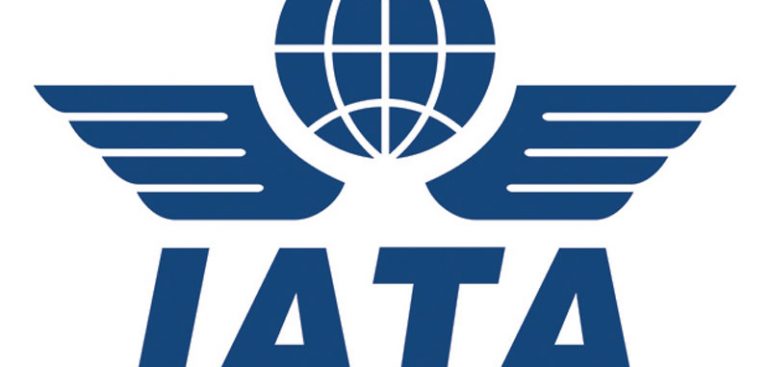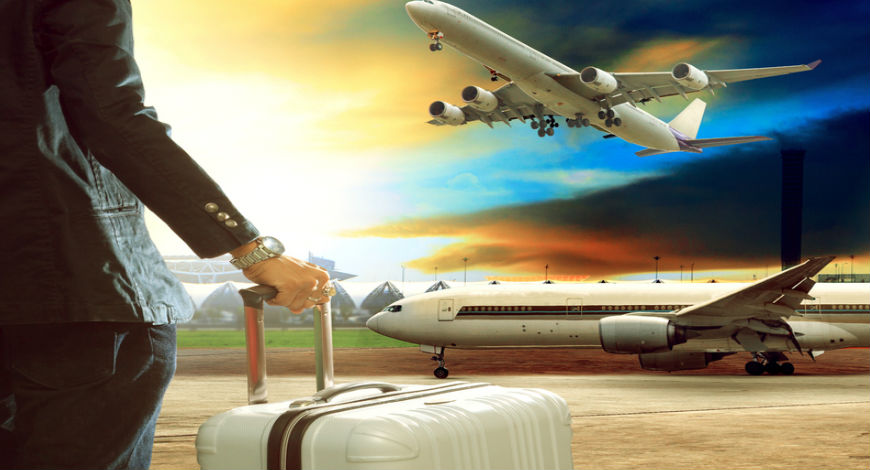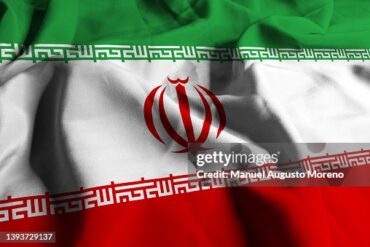The International Air Transport Association (IATA) has called on governments and aviation industry to work together to make the best use of modern technology to put the passenger at the centre of the journey and to achieve greater efficiency from infrastructure.
The call came during the opening address by IATA’s Director General and CEO, Alexandre de Juniac, at the IATA Global Airport and Passenger Symposium (GAPS) in Warsaw, recently.
The global body said to improve the passenger experience, technology options should focus on what the passenger wants.
The 2019 IATA Global Passenger Survey noted strong preferences by travellers for technology to enable them to track their baggage in real time and to expedite their journey through the various airport processes.
De Juniac noted that the industry has solutions for these passenger expectations—the One ID initiative, and RFID for baggage tracking. Both need the support of stakeholders, including governments.
He said IATA’s One ID initiative was helping the industry to transition towards a day when passengers can move from curb to gate using a single biometric travel token such as a face, fingerprint or iris scan.
“Biometric technology has the power to transform the passenger experience. Airlines are strongly behind the One ID initiative. The priority now is ensuring there is regulation in place to support the vision of a paperless travel experience that will also ensure that their data is well protected,” said de Juniac.
“On baggage, airlines and airports are working together to implement tracking at key journey points, such as loading onto and off-of aircraft (Resolution 753). In June, airlines committed to the global deployment of Radio Frequency Identification (RFID) for baggage tracking.
“Implementation of RFID has seen some good progress, especially in China where the technology has been thoroughly embraced. In Europe several airlines and airports are successfully working together to introduce RFID, notably Air France at Charles de Gaulle Airport in Paris. Industry needs to be reminded that in addition to meeting our customers’ expectations, implementation of RFID will help reduce the USD2.4 billion cost to airlines from mishandled bags,” said de Juniac.
He added that infrastructure would also play a key role in meeting customer expectations.
According to him, developing infrastructure that can cope with future demand, without relying on ever-bigger airports, was essential. In cooperation with Airports Council International (ACI), the NEXTT (New Experience Travel Technologies) initiative explores important changes in technology and processes to improve operational efficiency and the customer experience.





